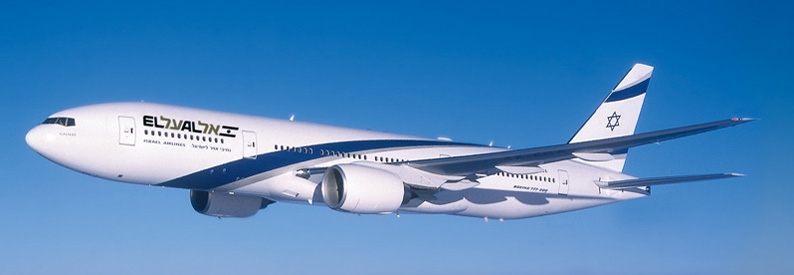Banks insist on new El Al cash injection before giving loan

With the market conditions for passenger aviation only worsening, in particular with Israel’s prolonged lockdown, banks are now demanding that El Al Israel Airlines (LY, Tel Aviv Ben Gurion) controlling shareholder Eli Rosenberg inject an additional USD75 million into the carrier before they provide the company with a vital loan, the financial daily Globes reported on February 2. Rosenberg bought a controlling 42.88% stake in the privately-owned flag carrier for USD150 million in a public offering on the Tel Aviv Stock Exchange in September 2020. As part of the Ministry of Finance’s rescue plan, Rosenberg and his management team are expected to take loans from banks or offer bonds to institutional investors with state guarantees. The initial plan from last year specified the necessary sum of USD250 million, 75% covered by the government, but last month the ministry agreed to raise this to USD300 million while offering an 82.5% guarantee. However, the shutdown, tightened with the closure of Tel Aviv Ben Gurion to all but essential flights, has further depleted the airline’s cash reserves and raised its debt burden, including to suppliers, financing institutions, and passengers for cancelled flights. Government officials involved in the negotiations have claimed that El Al is burning about USD40 million a month. So it now appears that a USD300 million loan will not be sufficient, hence the banks’ demand for a further USD75 million from the new owner’s side. Sources told Globes that Rosenberg would prefer to inject capital through an offering of USD50 million in shares, which he has committed to buying, but Israel’s Companies Law prohibits this without El Al opening the shares up to the public. Rosenberg could also lend a sum to the company without raising his stake, something he has already done by injecting USD10 million into El Al at zero interest. “The situation is very bad in terms of the ratio of debt to the revenue of the company,” a Ministry of Finance representative told Globes, stressing that the demand for an additional capital injection had come from the banks, not from the government. El Al was not immediately available for comment.
